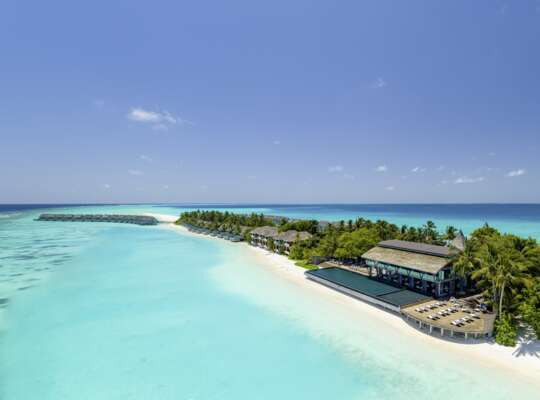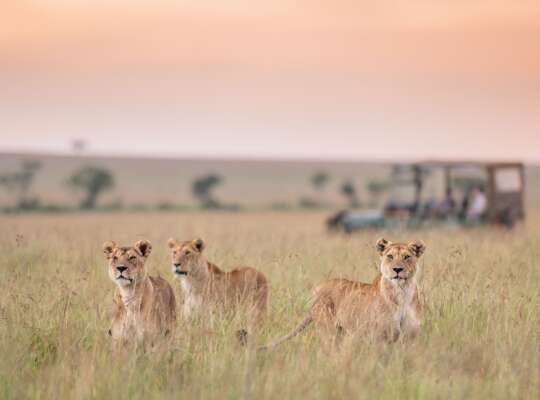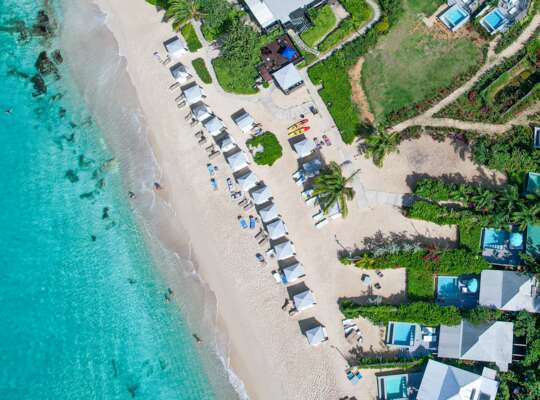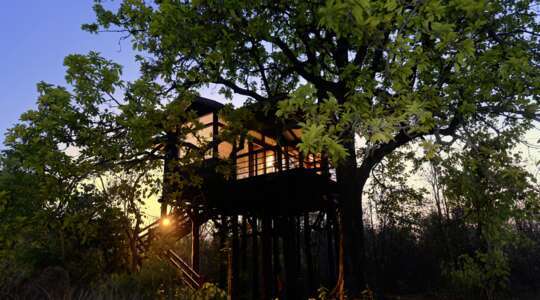-
Available until 8pm
0800 092 4444 - Book an appointment
-
-
Africa
-
Arabia
-
Asia
-
Australasia & Pacific
-
Caribbean
-
Central America
-
Europe
-
Indian Ocean
-
South East Asia
-
North America
- View all destinations
- Holiday type
- Brochures
- Collections
- Articles
- Where to go when
Beach
We’re here to tailor-make a beach holiday that’s right for you
Family
Incredible Family holidays from Kuoni, adventures your family will always remember.
All inclusive
Our hand-picked all-inclusive holidays include, boutique, family & wellness resorts.
Honeymoons
Romantic honeymoon package you’ll remember for the rest of your lives.
City breaks
Our hand-picked luxury city breaks in Europe, Asia, Africa, Middle East and the USA
Adult only
Romantic retreats and group get-togethers on our adults-only holidays
Safari Holidays
Let us take you on safari in Africa for the best animal viewing on the planet.
LGBTQ+
Romantic retreats or special occasions on our LGBTQ+ holidays
Multi-centre
Combine different destinations, resorts and tours for a dream multi-centre.
Villas
Enjoy the best of both worlds: a luxurious and out-of-the-way villa holiday at a resort
Spa & wellness
Handpicked spa & wellness retreats, pampering or activity holidays all tailormade by Kuoni
Self drive
Create a tailor-made self-drive itinerary for a trip to immerse yourself in outdoor life.
Rail
Sit back, relax and enjoy the view during one of our luxurious train journeys
Beach & beyond
Mix seaside bliss with a side of adventure
Bucket-list trips
Tick off those trips you've always dreamt of
Experience everything, miss nothing
One stop’s never enough if you want to delve a little deeper into your destination.
Family favourites
Family holiday ideas from all-in stay put all inclusives to full-on safari adventures
Jet Set, Ready, Go
The temperatures are on the up, the flowers are blooming, and daylight is winning out. It’s time to start daydreaming of those hazy summer days.
Multi-stop holidays
Take the hassle out of holiday planning with these prepped-and-ready easy adventures.
Reset & Revive
Unplug & play with holidays that take you to places where there’s a focus on the rejuvenation of mind, body and soul.
Seaside breaks
Everything’s taken care and the pressure’s off for the whole crew on an oceanfront escape.
Where to go when in the school holidays
Which is better: Mauritius or Maldives?
Explore Jamaica: our top multi-centre combos
The best things to do in Borneo
Secrets to planning the ultimate Californian road trip
Turquoise dreams: A guide to the Indian Ocean islands
Offbeat gems: The Caribbean's hidden treasures
What to do in Canada: the ultimate bucket list
Speak to one of our experts now about this offer
Call our India experts on0800 294 9707
Available until 5pm
Award-winning Pench Jungle Camp is set on 50 acres of wilderness.
Surrounded by nature, the main activity here is to explore Pench National Park on tiger-spotting game drives, but guests can also enjoy nature trails with a naturalist guide, early morning birding and bicycle rides among the lush vegetation. There are also outings to the local pottery community where guests can learn how to make ceramics from clay. Between safaris and activities, you can make use of the swimming pool shaded by mahua trees or head to the spa where you can indulge in treatments surrounded by the jungle. In the evening, there is the opportunity to cross Lake Khoka in a boat for a lantern-lit sundowner experience.
Why we love Pench Jungle Camp
-
When you wake up in the morning you'll see a beautiful sunrises and hear birdsong
-
Here you’re able to relish the beauty of nature and find a form of solace
-
Ninety percent of the staff are local, creating a very authentic experience
-
They use the local mahua trees to make delicious puddings and liquor
Facilities
- Restaurants & bars
- Spas & wellness
- Activities
- Sustainability
There are many dining experiences on offer and a bush dinner around the bonfire is a memorable experience.
Nestled amongst the jungle is the spa where you can unwind with a massage using 100% organic products.
As well as jungle safaris in search of tigers in Pench National Park. You can also enjoy nature trails with a naturalist guide, go bird watching or explore on bike. In the evening you can take a boat ride on Lake Khoka for sundowners. On clear nights, the stargazing here is spectacular.
There are many sustainable initiatives here. Bio degradable waste is used for composting and for the biogas plant, solar panels heat the water and irrigation is from used swimming pool. Food is sourced locally and staff are trained on conservation.
All Hotels in Pench National Park
Talk to an expert today
Your dream holiday is just a phone call away
Call us on 0800 294 9707Monday: 11am - 4pm
Tuesday: 10am - 5pm
Wednesday: 10am - 5pm
Thursday: 10am - 5pm
Friday: 10am - 5pm
Saturday: 10am - 2pm
Sunday: Closed
Visit your local Kuoni store
Find your nearest storeIn-person, virtual or phone
Get face-to-face advice from our friendly team
Email enquiry
Tell us what you’re planning and let our experts help you with your holiday





_w=24_h=25.webp?v=a392d311dd743e3625a1f57ba6fc3b967468f36c)
_w=24_h=25.webp?v=a392d311dd743e3625a1f57ba6fc3b967468f36c)
_w=24_h=25.webp?v=a392d311dd743e3625a1f57ba6fc3b967468f36c)